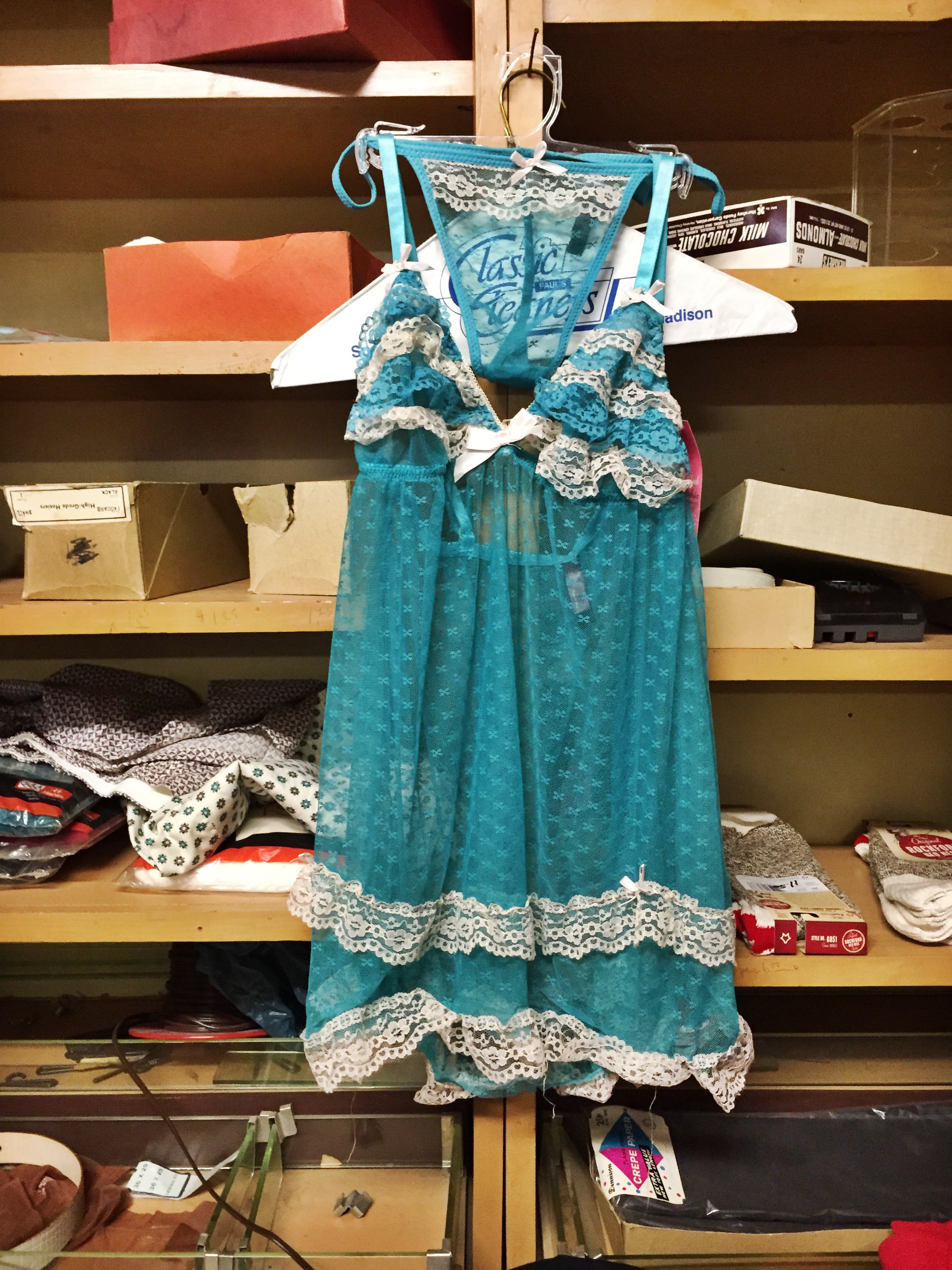How to choose limes: A cocktailer's guide
/There's nothing better than a well-crafted cocktail. (Nothing!) Done right, it's a wonderfully nuanced thing – from the conceiving and concocting, to the sipping and savoring.
But let's be honest. If you're short on time, tinctures, or both, you can pretty much grab a bottle of anything and a gang of limes and you'll be just fine. I know this because you're my people.
As we've already established, there's nothing the lime can't do. But while thwarting scurvy is a fine attribute, it's drink-making where the lime truly shines. A lime gives any drink worth drinking an added sense of oomph.
Lime is the cowbell of cocktails.
But what makes for a great lime? Let's start with a little background...
Limes have a twisted provenance: lots of hybrid this and crossed-with that. Most types of limes, though, can be traced back to a holy mash-up of the citron, the mandarin, and the pomelo. They probably joined forces in southeast Asia or Indonesia more than a thousand years ago. Although there's at least a dozen varieties of limes, the ones you'll find in the Corona section of your typical U.S. grocery store (or the produce section for that matter) are probably Persian limes which were grown in Mexico.
Limes haven't been formally branded the way oranges and other fruit have. So you kind of end up grabbing whatever they've got. Since I've grabbed a lot of limes over the years, below are a few things I've learned.
As a note, I'm assuming you want a good juicy lime for cocktails, ceviche, beer accessories and the like. (I don't know shit, nor shinola, about baking pies.)
How To Choose The Best Limes
1) Heavier limes are juicier limes: When choosing limes, compare the weight. Heavier limes, for their size, hold more juice. Simple!
2) Brighter is better: Limes ripen in the opposite order you might expect – they actually start green and, as they ripen, they turn yellow. That's not to say you want yellow limes, they're too far along. But a brighter green lime is riper and will have more juice than a darker green one.
3) Nipples aren't your friend: You know how some limes have nipples on the end, kind of like a lemon? Often accompanied by darker green, bumpy skin? And sometimes, right in the same bin at the grocer, there might be smoother, rounder limes that are nipple free? Go with the rounder brighter nipple-free ones. A more boldy nippled lime usually has a thicker rind and, from my experience anyway, they produce less juice. Of course a nippled lime is still far better than no lime at all, so don't get too militant on this one.
4) Give it a little squeeze: A good juicy lime will give a little to thumb pressure. The skin will be shiny and healthy: Too hard and you won't get much juice. On the other hand, too soft, too wrinkly, too spotty, too dry, etc. and a lime's margarita-making days over. Just a little give is what you're looking for.
5) And yeah, about key limes: Those bags are tempting! Key limes are so cute! But key limes aren't much for juicing – they're tiny lime-scented marbles which serve little purpose in a proper cocktail. Unless you're making some sort of sugary key-lime-pie flavored martini which, if you are, gtfo anyway.
So alright! You went and got yourself some beautifully heavy bright green nipple-free limes! Now what? Glad you asked, friend-o. Here's what!
How To Store and Juice Limes
1) Store 'em in the refrigerator: Limes are fine on the counter for a few days, but they'll last a week or two in the fridge. No bag is needed because limes are basically sealed in a nice oily skin. However if you've broken the skin – by peeling, slicing, or zesting – all bets are off. Put it in a zip-loc at that point and you'll get another day or two out of it, but the flavor falls off pretty quick.
2) Warm 'em up before juicing: Cold limes store well, but they don't juice as well. I'll take them out of the fridge a few hours before it's time for juicing. Or I'll forget and juice them cold, because I'm a bad boy and you never know what I'm going to do next. Some people advocate putting cold limes in the microwave for 10 or 20 seconds before juicing them. But for whatever reason that just seems heinously wrong.
3) Roll 'em: I roll my limes against the table before juicing. Just press down good and hard with your hand and roll 'em around. It makes for easier squeezing.
4) Juice 'em: If you're looking to make the most juice, the quickest, go with an electric juicer. For aesthetic reasons, though, I prefer a hand-held citrus press or one of those old-school pointy cone things you put right over a glass. If you're hand-squeezing without tools (other than a knife), cut the lime into quarters and squeeze away. Quarters make for much easier squeezing than halves or slices.
5) Timing is important: Have you ever squeezed an entire camping trip's worth of lime juice ahead of time? Me too! Bad call! Fresh lime juice doesn't last like store-bought bottled juices. After you squeeze limes, you've got eight or so hours to use the juice before it starts losing it's aromatic ooh la la. After 10 or 12 hours, you'll notice it turning bitter. I've read that lime juice is actually at its very best four to six hours after juicing. Verification is difficult though because my lime juice usually doesn't last that long.
So there you go! Yay limes!
If you're looking some additional ruminations on the wonder of limes, check out All Hail The Lime!




















